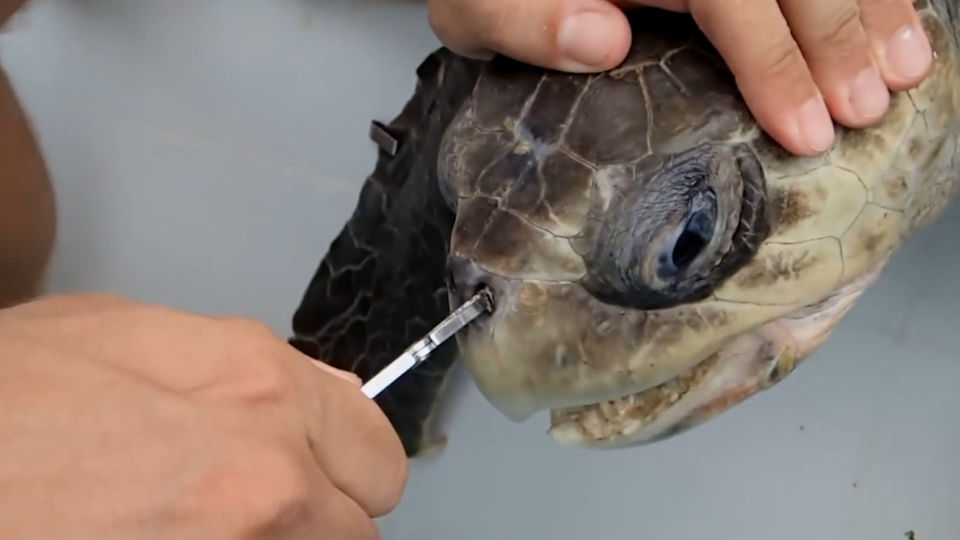For environmentalists the fight over plastic straws has become the final straw. They say Americans go through 500 million single-use plastic straws every day.
But waste-conscious consumers and companies are beginning to do something about it. The Give a Sip campaign is helping to raise awareness.
CGTN’s Nick Harper reports from New York.
Darren Grose is a consumer who is ready to say “no”. In a world of disposable plastic convenience, he always comes prepared – with his stainless steel straw.
“It’s important,” Grose said, “that as consumers we’re demanding sustainable change and positive change”.
He is seeing a trend among smaller, climate-conscious businesses to eliminate plastic straws.
“In my mind, that’s the first step,” Grose explained. “These smaller businesses start to engage with more sustainable practices. And then as larger corporations see this and take notice of this and see that this is something that consumers appreciate and also that potentially leads to more engagement. I think it’s just a matter of time, I hope.”
New York could force the decision with efforts already underway to ban single-use straws in the city.
That could be welcome news for the New York-based Wildlife Conservation Society.
“Those are the things that usually fall through the cracks,” said John Calvelli from the Wildlife Conservation Society, talking about plastic straws.
“They end up not being able to be recycled. And if you’re lucky, they’ll end up in landfill where they will be for 100s of years. In most beach clean ups, one of the top 10 pieces of plastic that are found on the beaches is actually plastic straws, so they’re ending up right in the ocean,” he explained.
An area of floating waste off the west coast of the United States, known as The Great Pacific Garbage Patch, is now three times the size of France.
Max Wolff, the Chief Economist at Phoenix Group feel images like the Garbage Patch will help to shift public sentiment. But he expects a fight.
Wolff said, “Either folks who are relying on a low price, and or folks who are in the business of making the product that needs to be potentially made differently are always going to resist this. But at some point you have to make these decisions to move into modernity to be competitive and to be a reasonable environmental steward.”
In cities like New York, change is underway. For now, however, environmentalists acknowledge convenience still seems to be winning out over conscience.
 CGTN America
CGTN America

